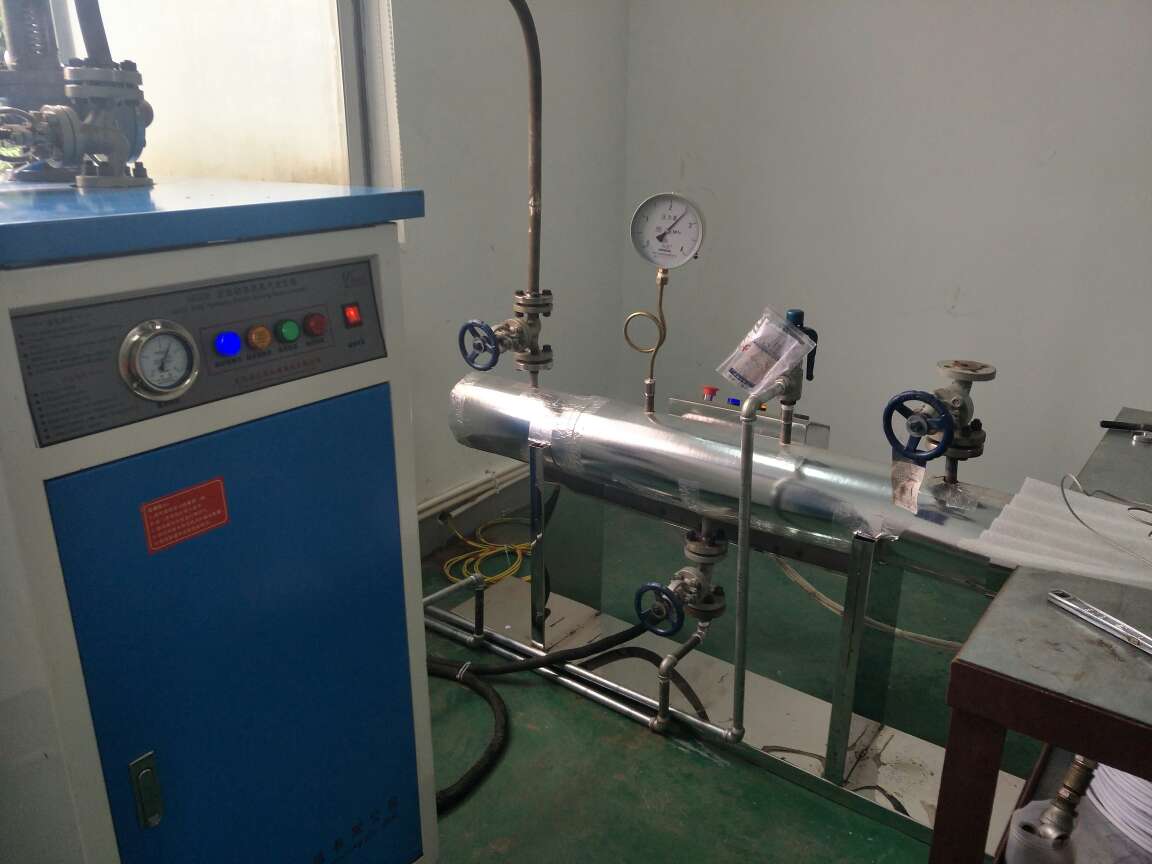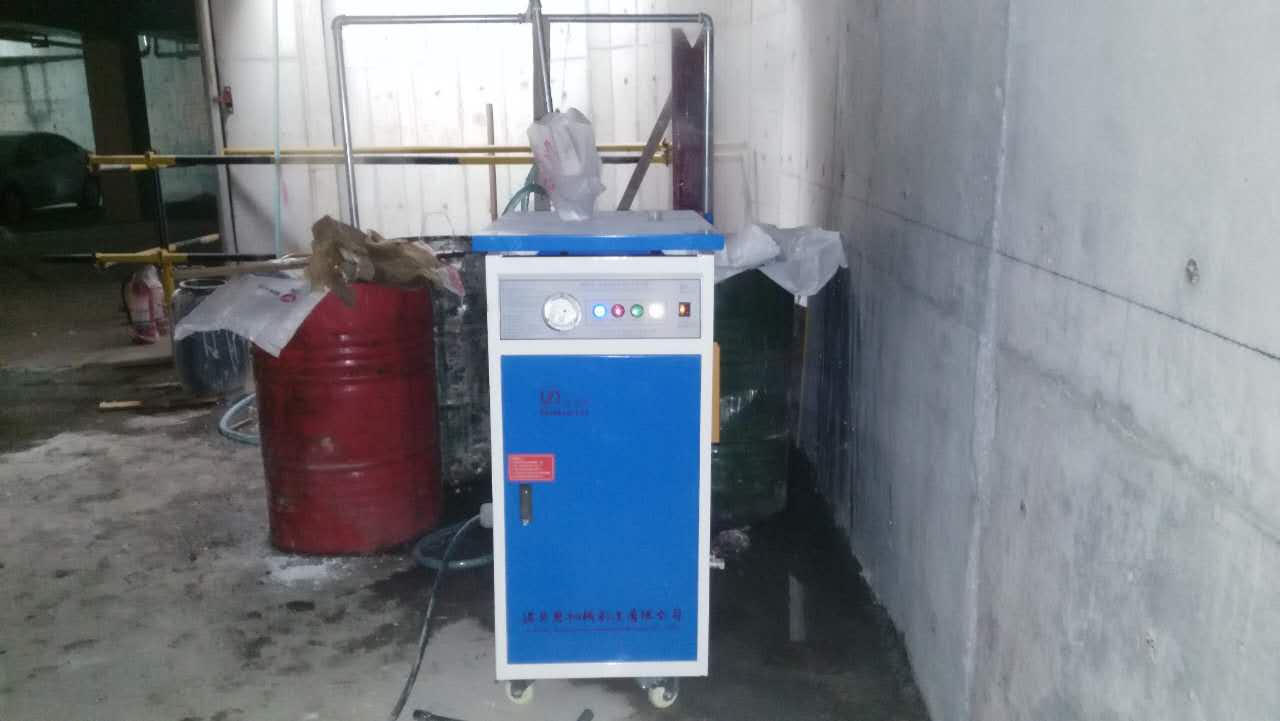How to use a steam generator to turn kitchen waste into treasure?
When it comes to kitchen waste, I believe everyone is familiar with it. Kitchen waste refers to the garbage generated in the daily life of residents and food processing, catering services, unit meals and other activities, including discarded vegetable leaves, leftovers, and leftovers. , peels, eggshells, tea dregs, bones, etc., the main sources of which are home kitchens, restaurants, restaurants, canteens, markets and other industries related to food processing. According to statistics, domestic kitchen waste may reach hundreds of millions of tons every day. Kitchen waste contains extremely high moisture and organic matter, which is easy to rot and produce stench. How to deal with kitchen waste is already an important issue for environmental protection in China. issue.
At present, after proper treatment and processing, kitchen waste can be transformed into new resources. The characteristics of high organic matter content make it can be used as fertilizer and feed after strict treatment, and can also generate biogas for fuel or power generation. The oil part can be used for preparation Biofuels. Converting kitchen waste into biofuels can not only prevent environmental pollution but also alleviate the energy crisis. It has become an urgent need to develop efficient and clean kitchen waste recycling technology.

Kitchen waste contains a lot of nutrients, the main components are oil and protein, and it is the raw material for making biodiesel. The first step in making biodiesel needs to be sterilized by steam. The specific process is to mix kitchen waste and water according to a certain ratio, then add them to a beater for beating, and at the same time heat the steam generator to about 130°C for sterilization. Hours of uninterrupted air supply, the sterilization can be completed within 20 seconds, and the work efficiency is very high! Then the stirred liquid is subjected to liquid fermentation. After the fermentation is completed, it is collected under the pressure of the steam generator. After the quality is crushed, the extraction solvent is added, and the extraction process is repeated; finally, the mixed oil is distilled with high-temperature steam at about 160°C-240°C, and the oil recovered by the steam is microbial oil, which can be obtained after methanolylation biodiesel.
In summary, steam generators play an important role in the extraction of bio-oil from kitchens. The use of kitchen waste for biodiesel extraction not only turns waste into treasure, but also produces fuel oil and protects the environment. It has become the current economic development. uprising industry.
